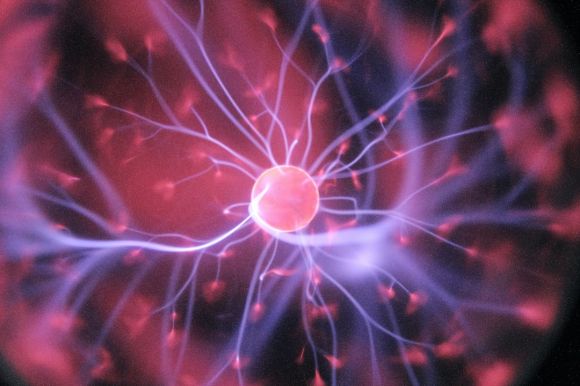The universe is a vast and mysterious place, filled with countless wonders and enigmas. Among these mysteries is the concept of dark matter, a substance that makes up approximately 27% of the universe. Despite its prevalence, dark matter remains largely elusive and perplexing to scientists who have spent decades trying to understand its nature and properties. In this article, we will delve into the mysteries of dark matter and explore the current state of research in this fascinating field.
The Concept of Dark Matter
Dark matter is a term used to describe a hypothetical form of matter that does not emit, absorb, or reflect light, making it invisible to traditional detection methods. Its existence was first proposed in the 1930s by Swiss astronomer Fritz Zwicky, who observed that the visible matter in galaxies was not sufficient to account for their observed gravitational effects. Since then, various lines of evidence have supported the existence of dark matter, including the rotational speeds of galaxies and the gravitational lensing of light.
The Search for Dark Matter
Scientists have employed a range of techniques and instruments in their quest to uncover the secrets of dark matter. One such approach involves studying the effects of dark matter on visible matter. By observing the motion of stars and galaxies, researchers can infer the presence of dark matter through its gravitational influence. Additionally, experiments have been conducted to directly detect dark matter particles by searching for their interactions with ordinary matter.
The Nature of Dark Matter
Despite extensive research, the true nature of dark matter remains unknown. One prevailing theory suggests that dark matter is made up of weakly interacting massive particles (WIMPs), which are hypothetical particles that interact only through the weak nuclear force and gravity. Several experiments, such as the Large Hadron Collider, have been dedicated to searching for evidence of WIMPs, but so far, no definitive proof has been found.
Alternatives to Dark Matter
While the concept of dark matter has gained widespread acceptance among scientists, alternative theories have also emerged. Some propose modifying the laws of gravity, such as through modified Newtonian dynamics (MOND), to explain the observed phenomena without the need for dark matter. However, these alternative theories have yet to provide a comprehensive explanation for all the evidence supporting dark matter.
The Implications of Dark Matter
Understanding dark matter is not just an academic pursuit; it has profound implications for our understanding of the universe. Dark matter is believed to play a crucial role in the formation and evolution of galaxies, as its gravitational effects shape the distribution of visible matter. Furthermore, the presence of dark matter has implications for the ultimate fate of the universe, as its gravitational pull may determine whether the universe continues to expand indefinitely or eventually collapses.
The Future of Dark Matter Research
As technology advances and our understanding deepens, scientists continue to push the boundaries of dark matter research. New experiments, such as the Dark Energy Survey and the European Space Agency’s Euclid mission, aim to shed light on the true nature of dark matter. Additionally, advancements in particle physics and astrophysics will provide valuable insights into the properties and behavior of dark matter particles.
In conclusion, dark matter remains one of the greatest mysteries in modern physics. Despite decades of research, its true nature and properties continue to elude scientists. The search for dark matter is an ongoing endeavor, with researchers employing a range of techniques and instruments to unravel the secrets of this enigmatic substance. As our understanding deepens and new discoveries are made, we inch closer to unraveling the mysteries of dark matter and gaining a more comprehensive understanding of the universe in which we reside.
